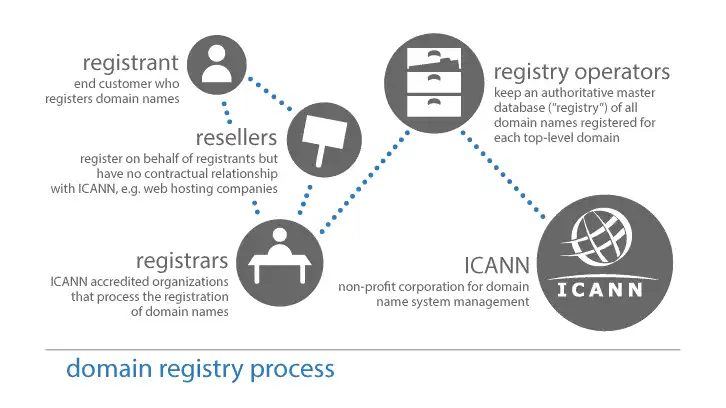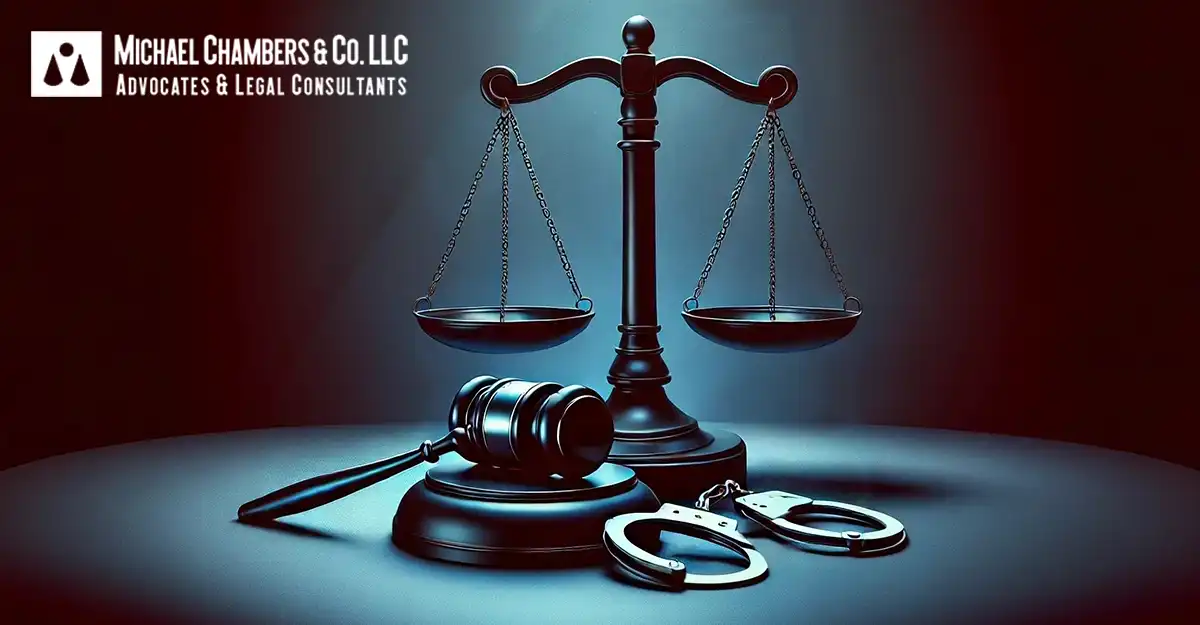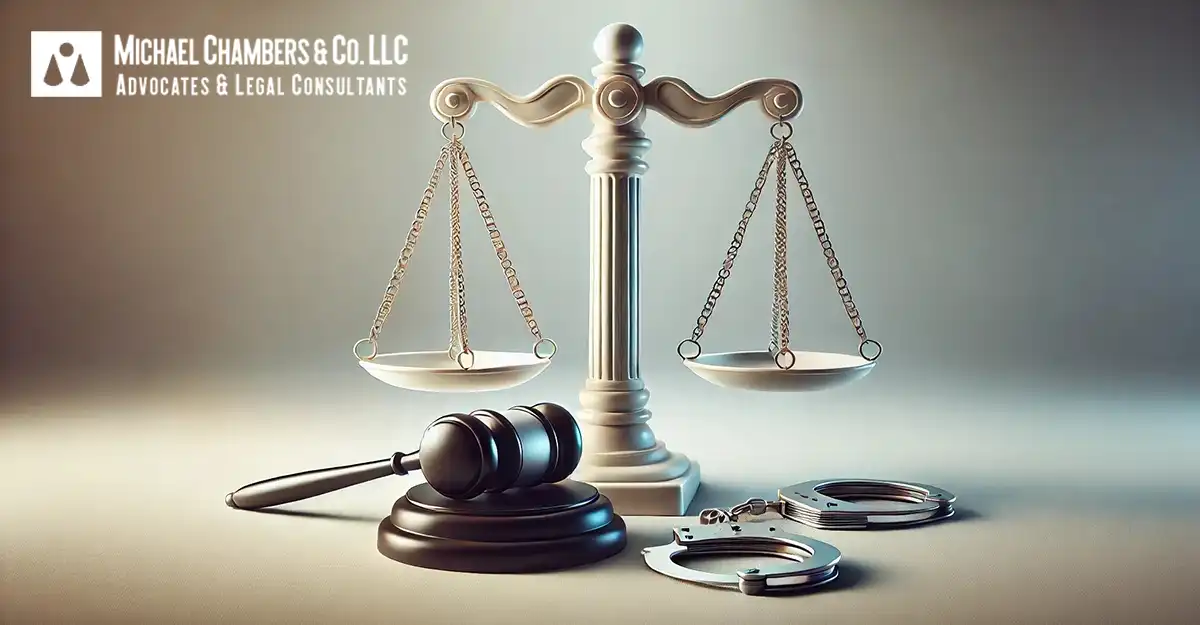A domain name is an identification string defined by the rules and procedures of the Domain Name System (DNS). It should be pointed out that a domain name is assigned for exclusive use in one legal or natural person. Specifically, a domain name represents an Internet Protocol resource, such as a website. Domain name can be described as a location where specific information and activities can be found. As a result, from a marketing point of view, a domain name might represent the identity of the firm, as well as, the products and services offered by this particular firm. Hence, domain names must be as unique as possible, as the existence of websites with similar domain names can be misleading for customers and potential business partners.
The Internet Corporation for Assigned Names and Numbers (ICANN) is an international non-profit organisation that supervises the assignment of IP addresses and domain names. Among the principal activities of ICANN are to facilitate the registration of domain names, to develop a policy for the internationalisation of Domain Name System and resolve domain names disputes. Notably, ICANN developed the Uniform Domain-Name Dispute-Resolution Policy (UDRP) in order to facilitate the resolution of disputes concerning the registration of domain names.
Registration Procedure:
In order to register a domain name, the registrant must check if the particular domain name is available and then register it with one ICANN-accredited registrars and create a WHOIS record containing registrant’s details. WHOIS is a database that includes information about registered domain owners. Moreover, it is possible to register domains through registrar’s resellers.
The registration process is illustrated below:

Domain registry process[1]
The registrant denotes the organisation or the individual who has registered the domain name. A registrant reserves a domain name by applying to a domain registrar or one of their reseller. The registrant must follow certain rules defined by the registrar. It should be pointed out that registrants have to be consistent with payment fees and submission of updated data. Furthermore, registrants have to list their domains on name servers in order that domain to be reachable on the Internet. Note that a registrant is obliged for securing or hosting his/her own name server in case the registrar does not provide this service or he/she has opted out of the registrar’s service.
Registrars are organisations accredited by ICANN and certified by registry operations to sell domains. Nevertheless, some registrants may choose to register through a reseller. Registry operators are responsible for accepting registration requests, either from registrars or registrants, having a database of the necessary registration data and offering name servers to publish the zone file data through the Internet.
Domain name dispute:
The UDRP established the legal framework that regulates the resolution of disputes between a domain name registrant and a third party over the abusive registration and utilisation of a domain name in the generic top level domains. As a result, any individual or firm can file a domain name claim concerning a generic top-level domain (gTLD) that uses the UDPR procedures.
The UDRP Administrative Procedure may resolve the following disputes[2]:
- The domain name registered by the registrant is identical or similar to a trademark or service mark in which the complaint has rights.
- The domain name registrant has no rights or legitimate interests concerning the domain name in question.
- The domain name has been registered and is being used in a bad faith. A striking examples of a domain name that has been registered and is being used in bad faith is when it is registered mainly to cause troubles to the business of a competitor.
Our services:
The legal team of Michael Chambers & Co. LLC is able to provide you an adequate legal and administrative support on all the matters related to domain name regulations. Our lawyers will guide you and provide you an appropriate legal support during the whole procedure of domain name registration, domain name dispute resolution, domain name arbitration, etc. If you wish to speak to one of our lawyers, then please contact us: info@chambers.law
[1] https://whois.icann.org/en/domain-name-registration-process, Retrieved on the 2nd of March 2016.
[2] http://www.wipo.int/amc/en/domains/guide/#a, Retrieved on the 2nd of March 2016


